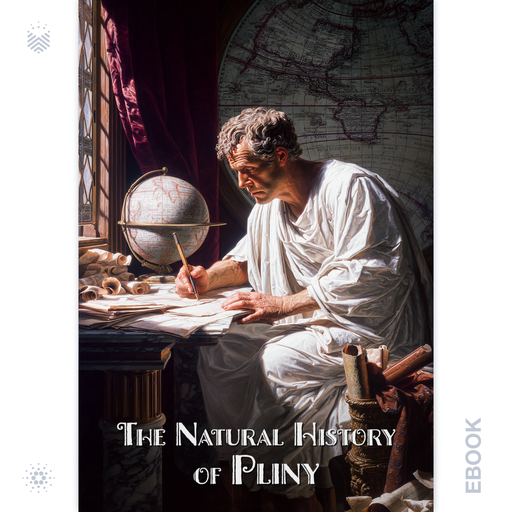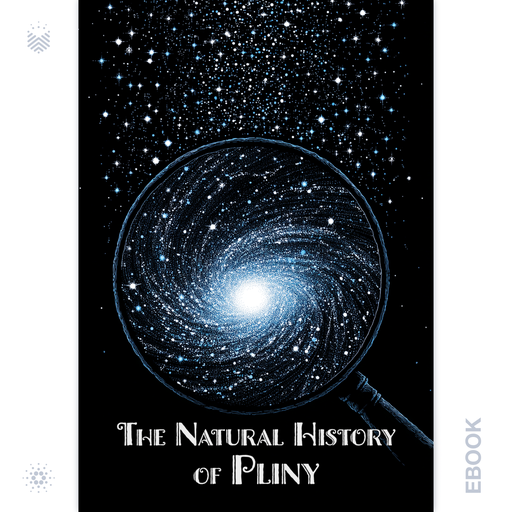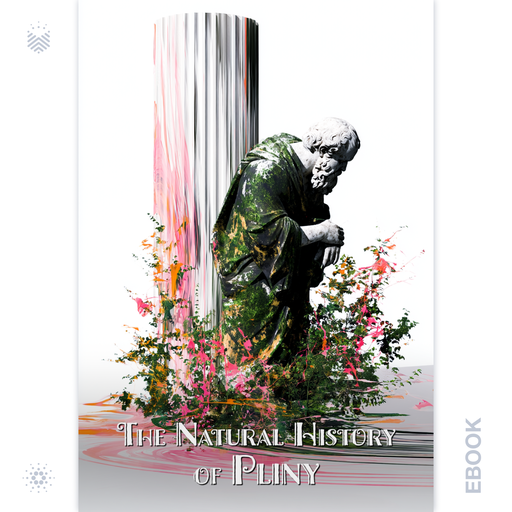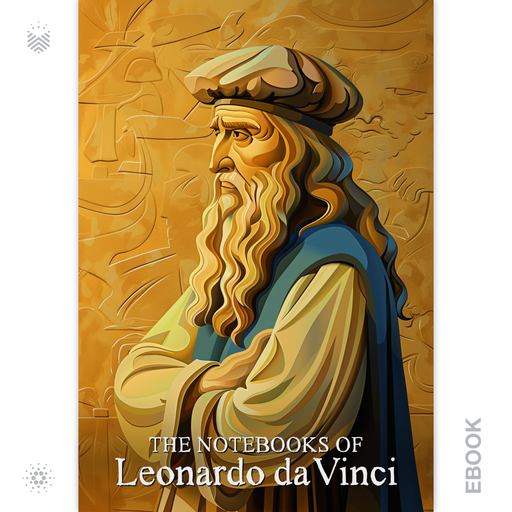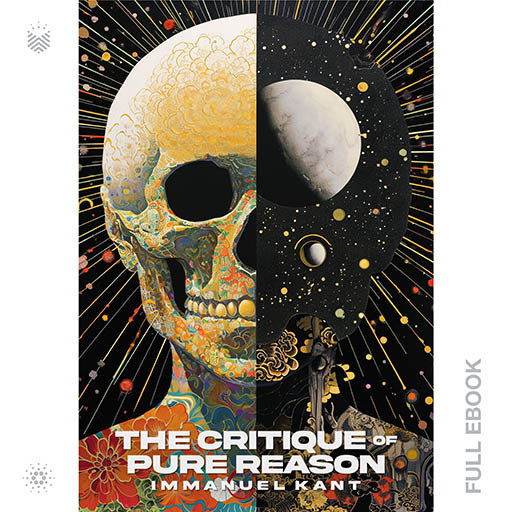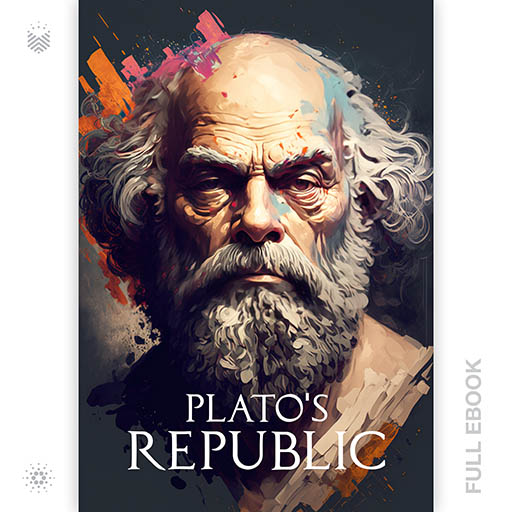Home » Books » The Natural History of Pliny
The Natural History of Pliny
Volumes 1 – 6
The Natural History of Pliny, spanning six volumes, stands as one of the earliest and most ambitious attempts to catalog the world’s knowledge. Written by Pliny the Elder in the first century AD, this monumental work brings together information on subjects as varied as astronomy, zoology, botany, mineralogy, medicine, and art. Pliny’s drive to gather and organize the entirety of human understanding into a single comprehensive text reflects the intellectual spirit of the Roman Empire, capturing both the curiosity and the credulity of the time.
Description
Pliny filled The Natural History with a breathtaking range of topics, pulling from hundreds of Greek and Roman authors, as well as from his own observations. He arranged the work into thirty-seven books, each focusing on a particular aspect of the natural world or human endeavor. In these volumes, readers find detailed accounts of plants and animals, descriptions of exotic peoples and far-off lands, practical advice for farming and medicine, and even the lore surrounding precious stones and metals. Pliny’s enthusiasm shines through as he marvels at the variety and mystery of nature, even as he occasionally repeats fanciful tales that modern readers recognize as myth rather than fact.
Despite its occasional inaccuracies, The Natural History established a model for future encyclopedic works and influenced scientific thought well into the Renaissance. Scholars and explorers drew upon Pliny’s writings for centuries, treating his descriptions as a window into the natural and cultural wealth of the ancient world. Today, the six volumes serve not only as a testament to Pliny’s scholarly ambition but also as a valuable historical record, offering insight into the way Roman civilization sought to make sense of the world around them.
Numbered eBooks: 400
Number of Unique Covers: 97
Number of 1:1 Covers: 43
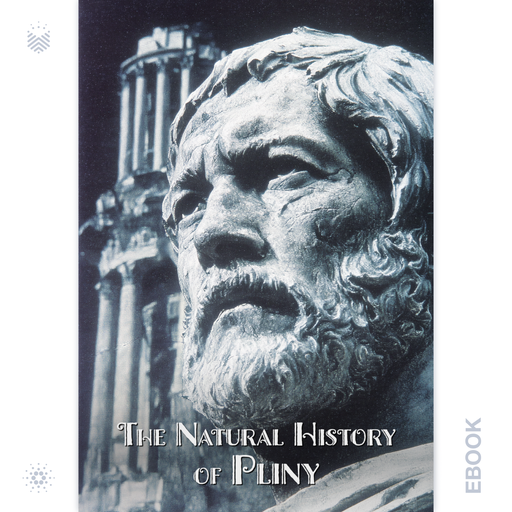
Pliny the Elder
21 Unique Designs
x 9 Numbered eBooks
= 189 NFT eBooks
eBook Numbers 211 - 399
(47.25% of Supply)
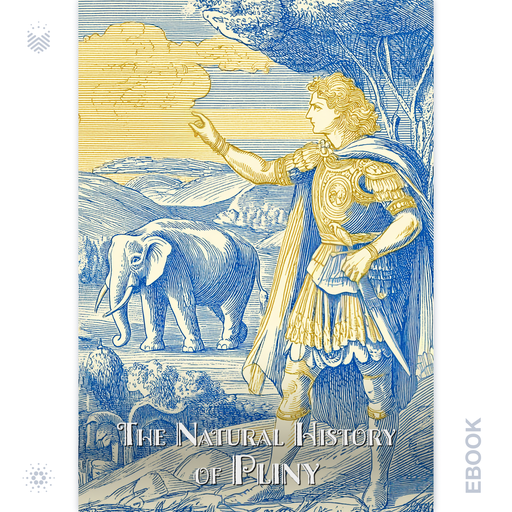
The Great and the Wondrous
18 Unique Designs
x 6 Numbered eBooks
= 108 NFT eBooks
eBook Numbers 103 - 210
(27.00% of Supply)
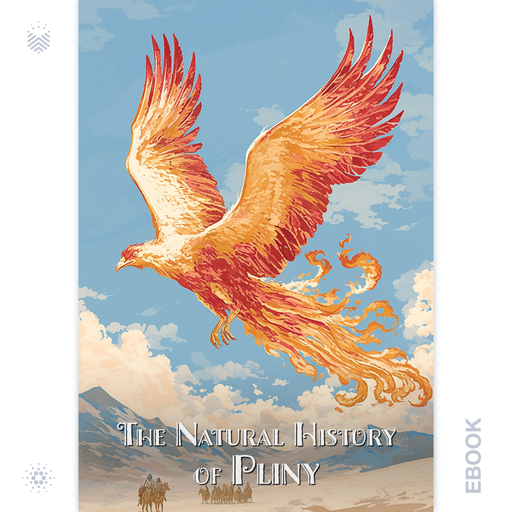
The Arabian Phoenix
15 Unique Designs
x 4 Numbered eBooks
= 60 NFT eBooks
eBook Numbers 43 - 102
(15.00% of Supply)
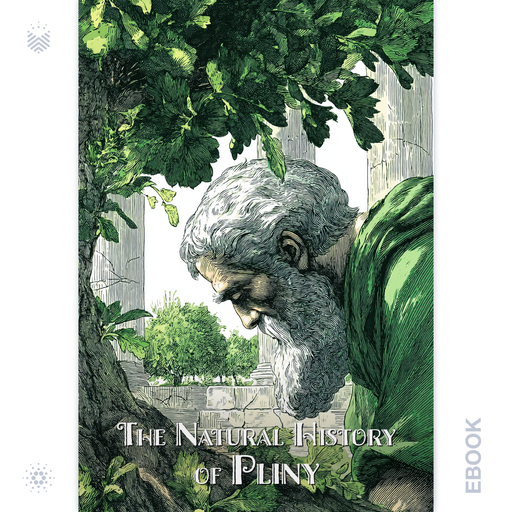
The Philosopher’s Grove
13 Unique Designs
x 1 Numbered eBooks
= 13 NFT eBooks
eBook Numbers 30 - 42
(3.25% of Supply)
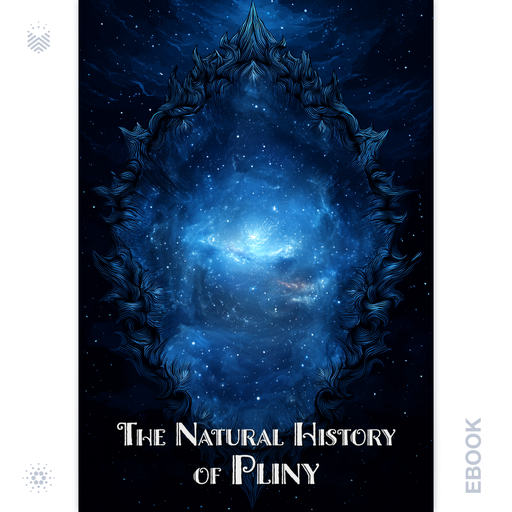
The Cosmic Mirror
12 Unique Designs
x 1 Numbered eBooks
= 12 NFT eBooks
eBook Numbers 18 - 29
(3.00% of Supply)
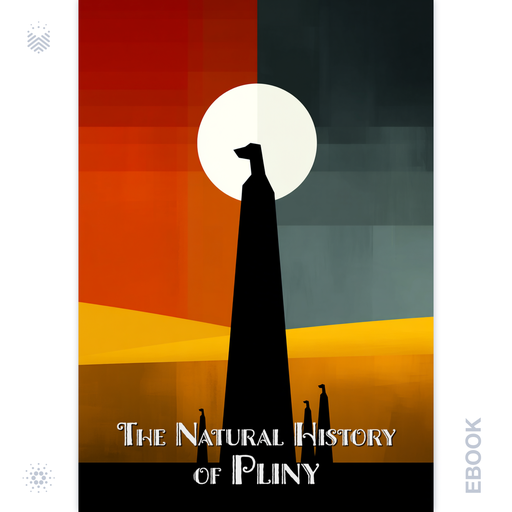
The Cynocephalus Scout
10 Unique Designs
x 1 Numbered eBooks
= 10 NFT eBooks
eBook Numbers 8 - 17
(2.50% of Supply)

The Children of Eternal Spring
8 Unique Designs
x 1 Numbered eBooks
= 8 NFT eBooks
eBook Numbers 0 - 7
(2.00% of Supply)
Details
Publisher : Book.io
Series : Knowledge and Learning
First Publication Date : 77 AD
Author : Pliny the Elder
Genres: Art, Encyclopedic Literature, Geography, Medicine, Natural History, Non-Fiction, Science
Language : English
Word Count : 500,000
Format : DEA (Decentralized Encrypted Asset)
Read On : Book.io eReader dApp
Cover Art : Includes 4K hi-resolution book cover
Cardano Policy ID : 5f966a30df9e262adc88002caaaed73132509cbc0a50b6f64c71f206
Author Info

Pliny the Elder
Pliny the Elder (23–79 AD) lived as a Roman author, naturalist, and military commander who devoted his life to the pursuit of knowledge. He served in various administrative roles across the Roman Empire, using his travels and experiences to inform his extensive writings. Pliny displayed relentless curiosity, waking before dawn each day to read, take notes, and write, believing that no moment should go to waste. His most famous work, The Natural History, reflects his desire to compile all human… Read More
You might also like
by Leonardo da Vinci
Rare Evo Exclusive
The Notebooks of Leonardo da Vinci unlocks the mind of a genius, revealing a treasure trove of sketches and ideas that blend art and science in groundbreaking ways.
Read More
by George F. Chambers
“The Story of Eclipses” by George Chambers delves into the captivating celestial phenomena of eclipses, offering readers a comprehensive exploration of these awe-inspiring events. Chambers, renowned for his expertise in astronomy, provides a detailed account of the scientific principles behind eclipses, unraveling the mysteries of these celestial occurrences with clarity and precision.
… Read More
by Immanuel Kant
“The Critique of Pure Reason” is a philosophical work by Immanuel Kant, first published in 1781. It is one of Kant’s major works and is considered a cornerstone in modern Western philosophy. The book addresses fundamental questions about human knowledge, metaphysics, and the nature of reality.
Read More
by Plato
“The Republic” is a philosophical dialogue written by the ancient Greek philosopher Plato. It is one of his best-known works and is widely considered a classic of Western philosophy. In the dialogue, Plato explores the nature of justice and the ideal state through a discussion between Socrates and several other characters.
Read More

